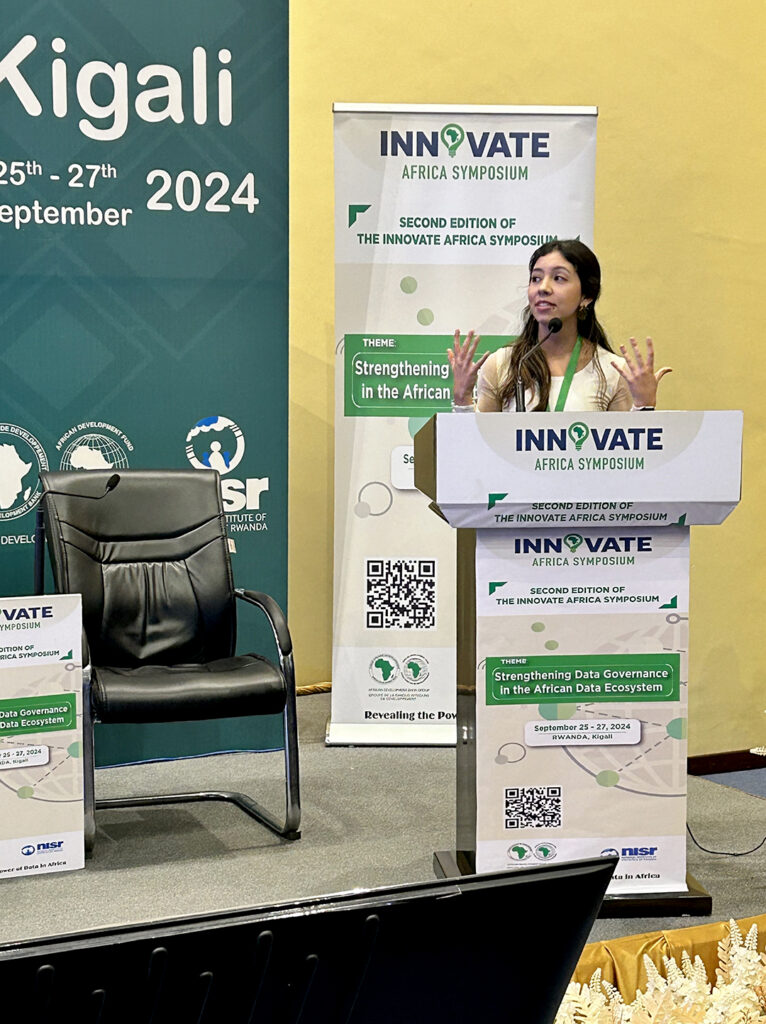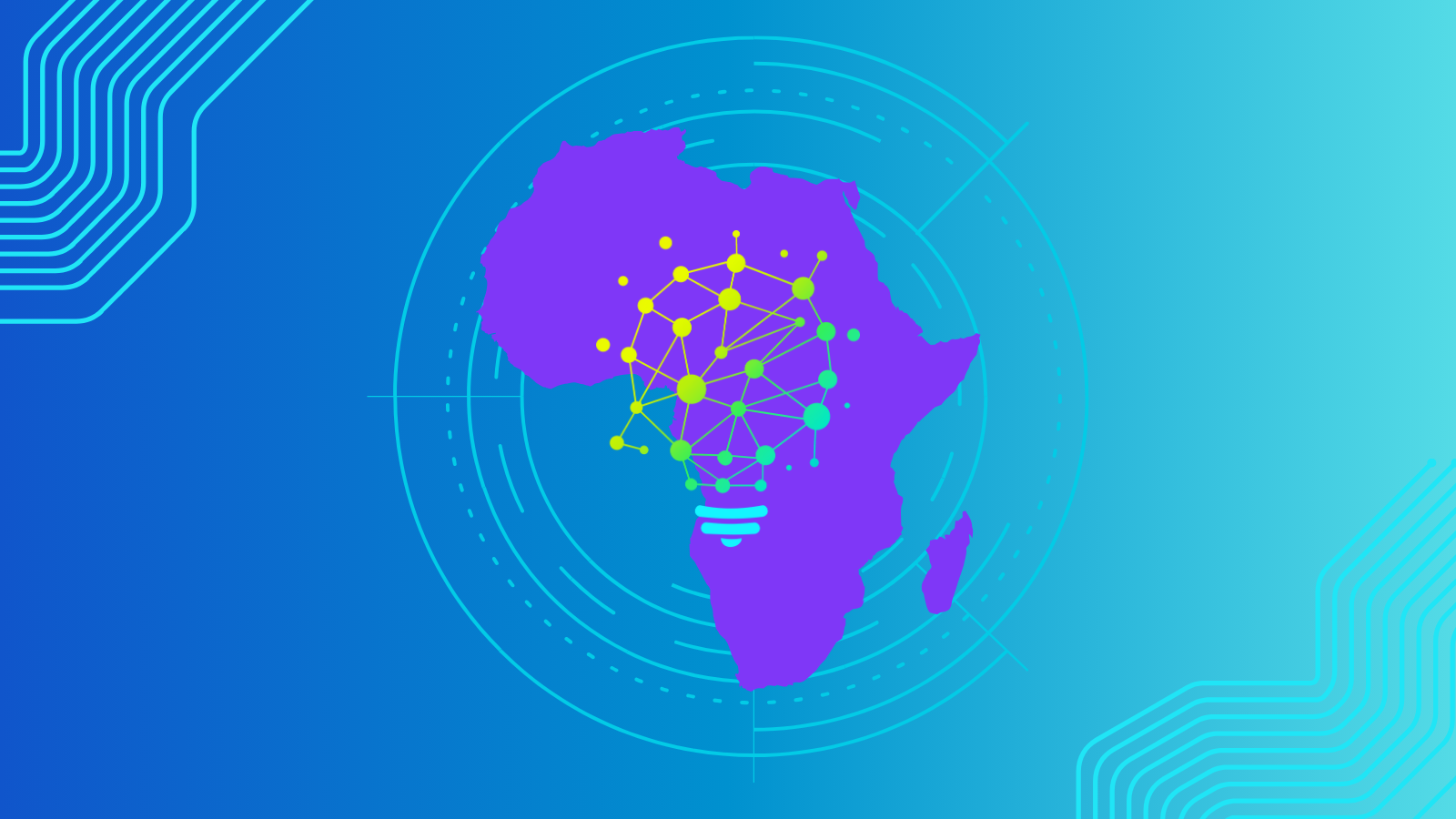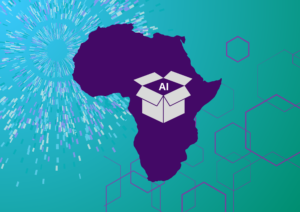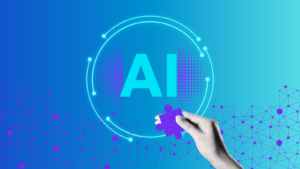The African Development Bank organized the second edition of the Innovate Africa Symposium in Kigali, Rwanda from 25th to 27th September under the theme “Strengthening Data Governance in the African Data Ecosystem”. The event aimed to foster a discussion around recent significant advancements in data governance, covering topics ranging from national data governance frameworks, platforms, processes and case studies on international efforts to enhance an inclusive data governance ecosystem.
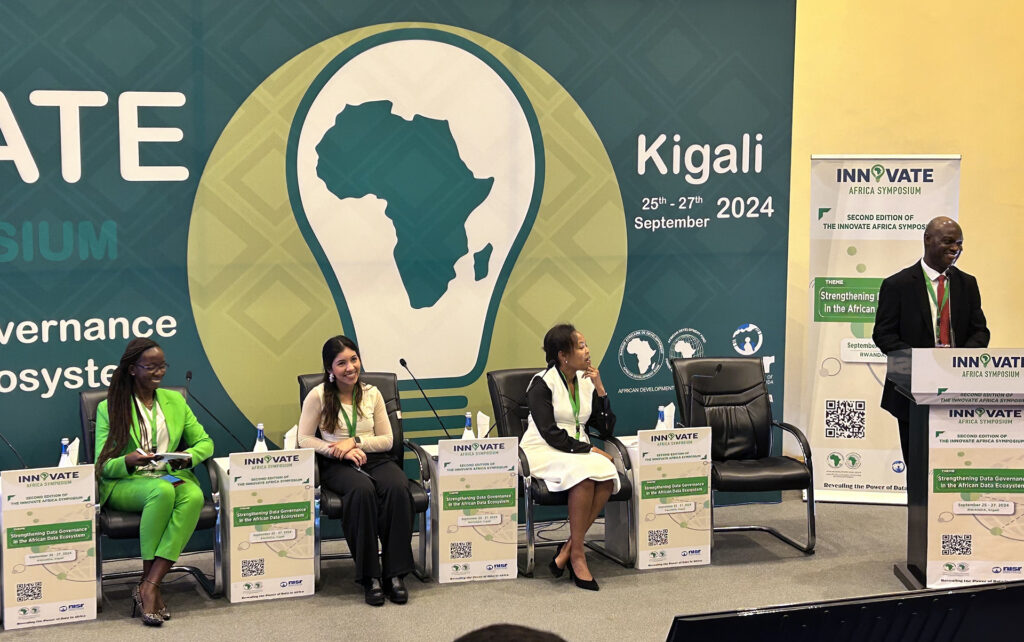
Key conversations outlined several topics including the growing use of data for decision making such as Rwanda’s healthcare system, the path towards data driven development, data governance challenges recounted in examples such as South Africa’s Govchat, and the critical need for partnerships to pursue a data driven Africa. “Collaboration is the architecture of delivering the intention of a better life for all” – Pali Lehohla, Former Statistician General, South Africa.
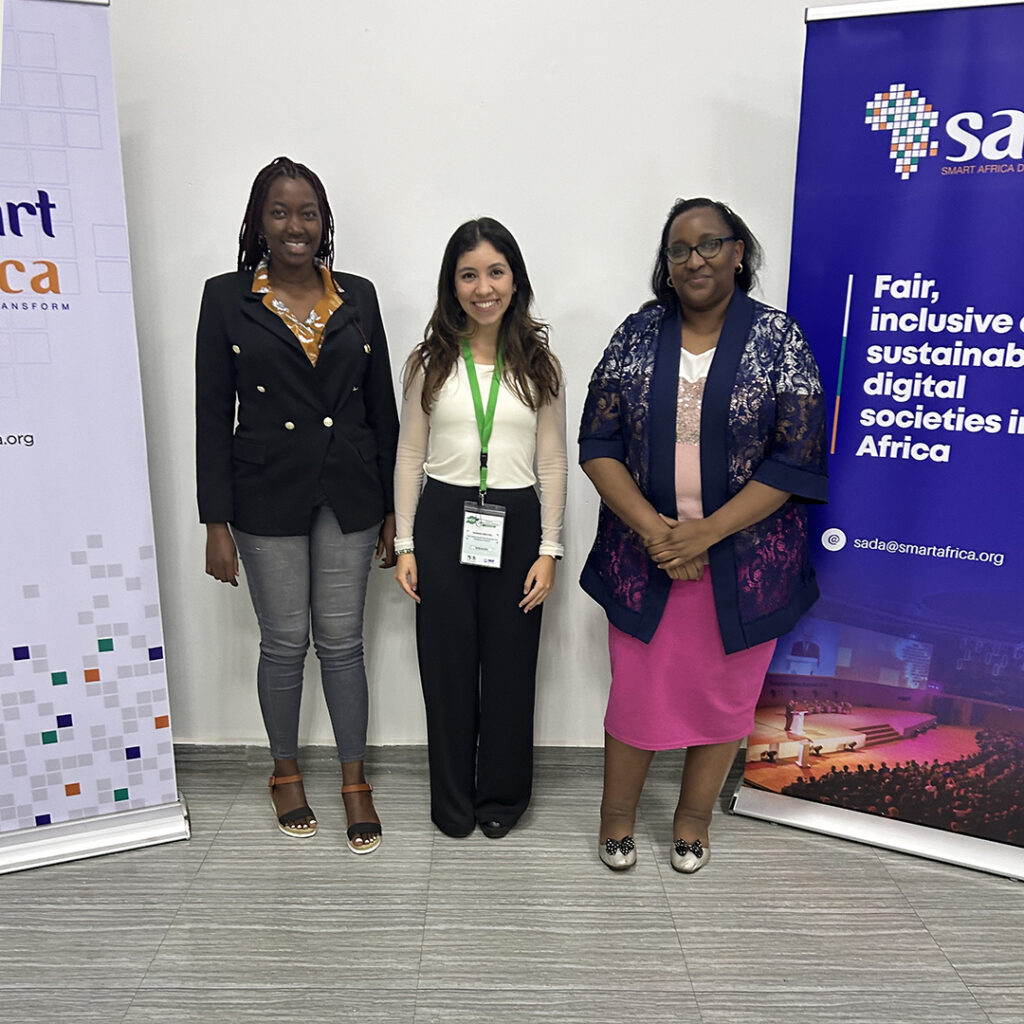
Datasphere Initiative’s Mariana Rozo-Paz, Policy, Research and Project Management Lead and Morine Amutorine, Associate Researcher attended the conference and presented the results of the Africa Sandboxes Forum. This blog shares some of our key insights and takeaways:
- Data governance is not just a technical issue, but it’s also about capacities, skills, partnerships, and policies.
The notion of “a data challenge” emerged as a central topic during the event, with numerous discussions pointing out that the data challenge extends beyond the volume, the variety, and the management of data but also involves the analysis, policymaking and how more and better data can be organized and governed. Discussions further highlighted that while infrastructure is crucial in bridging the digital divide in Africa, it is only one part that requires the support of policies to make significant advancements. Other recommendations from sessions included focusing resources on enhancing capacity to make data more comparable across geographies and embracing agile approaches to regulation.
- Reskilling and upskilling for the future requires us to support cultural shifts across the core of organizations.
Several drivers of data and AI value were highlighted during the discussions including the need for cultural shifts. Judy Wairimu Gachara, Digital Development Program Manager at Microsoft Africa pointed out that “A data driven culture is influenced by three areas: business value, cultural change impacts and ethical implications of data and analytics.” For organizations to support cultural shifts, there is a need to address competing priorities. This discussion underscored the role of culture as a driver to data and AI adoption in organizations. The topic of strengthening organizations’ ability to manage change, identify and implement the right learning and skill-building paths were highlighted as key to enhancing data ecosystems. Data governance starts at the organizational level and then scales to sector, national, regional, and global levels. This point was further emphasized by Olivier Dupriez from the World Bank, who shared lessons on metadata management and its role in supporting the bank’s data governance efforts.
- Sandboxes are increasingly perceived as fundamental spaces to enhance agile governance and learnings.
Public and private sector collaboration was one recommendation that was echoed across several presentations and speeches as a key enabler for fostering data governance in Africa. Discussions highlighted the fact that such partnerships hold the potential to provide avenues for funding to address challenges such as the low level of digital connectivity in Africa, regulatory experimentation and the ability to contextualize the data needs across sectors and nations. Mariana Rozo-Paz from the Datasphere Initiative explained that sandboxes are designed as time-bound collaborative environments, allowing for the testing of technologies and data practices against regulatory frameworks, and the experimentation with new users, capabilities, resources, purposes, and goals. By leveraging sandboxes, public and private actors can experiment together to design policy solutions to address regulatory uncertainty, boost emerging innovation, and build capacity.
- Building trust is crucial for addressing data governance risks and challenges.
Attaining and maintaining the trust of citizens and all other stakeholders was a priority highlighted in nearly all the experiences shared by practitioners in the data ecosystem. This underscores the importance of trust, which some speakers referred to as “a unit of transaction” in regards to making data accessible. Many contributions described trust as establishing safeguards to ensure data is safe across the data life cycle. As elaborated by Paul Jackson from Research Data Scotland, without trusted systems and relationships, people tend to build walls. Trusted processes can be achieved by establishing mechanisms using various measures to achieve ‘safe’ frameworks, such as Research Data Scotland’s 5 safe framework. Such mechanisms can help to ensure risks are examined and addressed, fostering responsible data sharing without creating silos.
- Data governance challenges are interconnected
Overall, the conference presented the multifaceted nature of data governance and how opportunities and challenges of the data economy are coming up in a variety of sectors. There was recognition of the interconnected nature of the data governance challenge and the complexity of developing data governance frameworks that can responsibly enable the data ecosystem in Africa. Speakers underscored that challenges need to be navigated coherently across the region highlighting the essential need for collaboration.“The path to data governance needs us all.” Mr Babatunde Samson Omotosho, Director, Statistics Department, African Development Bank.
For a deep dive into the discussions at the Innovate Africa Symposium, the sessions recordings are available at the AfDB Group Youtube channel.
If you are interested in following news on data governance and the activities of the global network of the Datasphere Initiative join us as a partner or a friend and follow-us on LinkedIn.
